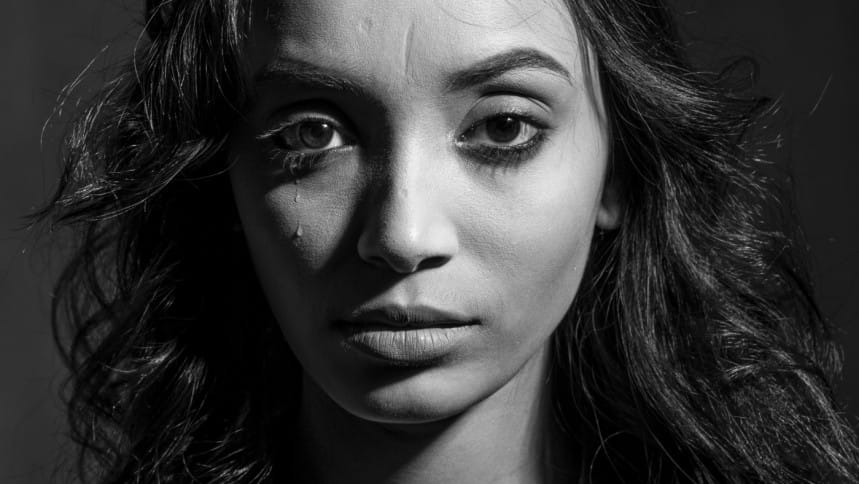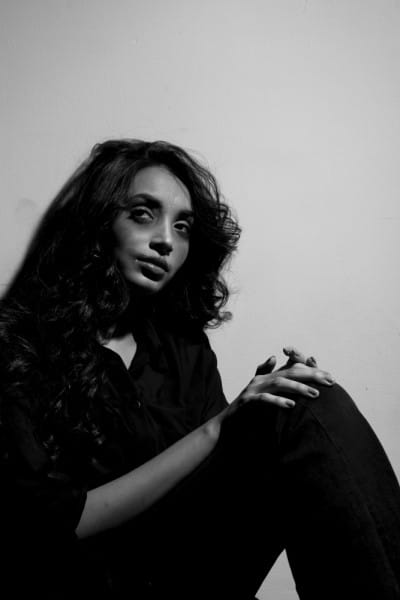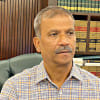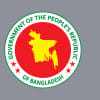We have to speak up against marital rape

When Nurunnahar, 14, who was a victim of child marriage, died because of forceful sexual intercourse, it still could not be referred to it as "rape," as the perpetrator was her husband. Incidents such as this shows us how we have legalised rape through our legal codes. Those who are victims of rape and sexual assault after marriage cannot speak up about it because neither society nor the law accepts it.
In Bangladesh, the definition of rape has an exception. It says that only if the girl is under the age of 14, "sexual relations will be considered rape." However, in Bangladesh, individuals are considered children until the age of 16, and the age is 18 according to the United Nations.
These are strange rules!
If a married woman or a child is forced into sexual relations and dies as a result of it, can a case be filed for rape? The law is also silent on the matter.
It is to be noted that Bangladesh is one of 36 countries in the world where a 14-year-old child can be forced to have sexual relations. In the rural and urban areas of the country, 63 per cent of men still think "it's okay to hit your wife if they say no to sexual relations."
In a survey by BRAC in 2019, almost none of the respondents believed marital rape to be violence against women. This is why no one talks about the topic of "marital rape," no one thinks it's a crime.
Only 4 per cent of people considered that the wife can be a victim of rape by her husband. Society thinks that a husband has rights over his wife's body, a husband can enjoy his wife whenever and however he wishes.
During the COVID-19 pandemic, in interviews taken over the telephone between March and August, Manusher Jonno Foundation, an NGO, has seen that one of the biggest reasons behind the rise in domestic violence was the refusal to have physical relations.
According to information from the Bangladesh Bureau of Statistics, 27.3 per cent of women have said that they were forced to engage in sexual intercourse by their husbands against their wishes.

A worker for World Vision, another NGO, has commented that it is extremely difficult to explain to people the exact nature of "marital rape." When they visited houses in rural areas and tried to explain to guardians that forcefully trying to have sexual relations even after marriage can have detrimental effects on the bodies and minds of girls. Parents said that they did not want to listen to anything on this topic.
So, as long as the laws are not amended, and more is not said on this topic, societal taboo cannot be shattered. As long as marital rape is not considered a crime in Bangladesh, it will not be considered rape in the minds of the people.
Many think that it may be a "crime" to force a wife to have sexual relations, but why would it be "rape?"
Nahid (30) and Shammi (22) (pseudonyms) are victims of this type of thinking. They have been victims of various sexual tortures by their husbands during intercourse, but they have not been able to bring any allegations or even trust someone to help. Their families have said that the husbands have married them under proper societal and religious norms, so these allegations mean little.
The main problem is with the word "rape." To us, rape means someone other than a husband committing the crime. Known people, strangers, and family members can all be rapists but not the husband because, through marriage, the husband claims ownership of the wife's body. Yet, marital rape is a horrific experience in the life of a woman. It's even worse than rape at the hands of a stranger.
Dr David Finkler, who has worked against marital rape said, "When a strange man rapes a woman, she lives on with a horrific memory. But if she is made a victim of rape by her husband, then she thinks she goes to sleep with a rapist."
There are many instances where women have been forcibly made to have sexual intercourse during menstruation, sickness, pregnancy, after surgery, or after childbirth. Most men think there is no need to take the woman's permission or be aware of her desire or reluctance before intercourse.
It was unimaginable to hold men accountable for their inconsiderate indulgence of their wives under these laws made in the British-era. Special laws for the prevention of violence against women have been legislated three times so far after independence but our lawmakers consciously decriminalise marital rape every time. This exemption clause has been retained instead of repealed. Yet, the British have criminalised marital rape in 1991. Even Pakistan repealed the exemption clause for marital rape in 2006.
If the law is changed, maybe people will understand that if a wife is forced to have intercourse or if she is tortured for this, it is rape. In a country like ours, a lot of awareness needs to be raised about it.
Disclaimer: The photographs present in this article are that of a professional model who had provided consent for a staged photoshoot.
Translated by Azmin Azran
Model: Proma
Styling: Sonia Yeasmin Isha
Hair & Makeup: Sumon Rahat

 For all latest news, follow The Daily Star's Google News channel.
For all latest news, follow The Daily Star's Google News channel. 








Comments